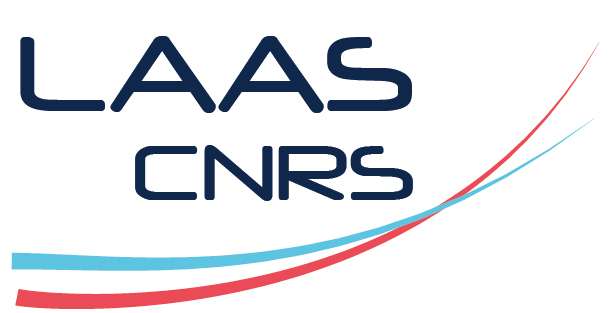Les travaux de l'équipe portent sur la sûreté de fonctionnement des systèmes informatiques, définie comme l’aptitude d’un système à délivrer un service de confiance justifiée. La sûreté de fonctionnement englobe les propriétés de disponibilité, fiabilité, intégrité, confidentialité, maintenabilité, sécurité par rapport aux conséquences catastrophiques (sécurité-innocuité ou safety), ainsi que de sécurité vis-à-vis des actions autorisées (sécurité-immunité ou security).
Nos travaux ciblent les systèmes informatiques constitués d'un grand nombre de systèmes interconnectés incluant des constituants très hétérogènes allant des super-calculateurs et fermes de serveurs, à une myriade de dispositifs mobiles et de minuscules systèmes enfouis (embedded systems), dans lesquels les logiciels et les services jouent un rôle déterminant. Un phénomène important à prendre en compte concerne les changements continuels que subiront de tels systèmes. Ces changements peuvent être de nature fonctionnelle, environnementale ou technologique, entraînant de nouvelles menaces et de nouvelles classes de fautes.
Assurer la persistance de la sûreté de fonctionnement en présence de telles évolutions conduit au concept de résilience.
Le tableau ci-dessous présente une vue d’ensemble des sujets de recherche de l'équipe TSF, structurée selon les quatre défis qui sont la mobilité, l’évolutivité et autonomie, l’ouverture et la réactivité.
L'équipe aborde ces défis selon deux points de vue complémentaires et étroitement liés :
• Architecture : définition d’approches de conception, politiques, algorithmes et mécanismes, pour la prévention et la tolérance aux fautes.
• Analyse : vérification pour l’élimination des fautes et évaluation pour la prévision des fautes.
Nos sujets de recherche couvrent les moyens suivants permettant d’assurer la sûreté de fonctionnement et la résilience des systèmes :
• Prévention de fautes : comment empêcher l’occurrence ou l’introduction de fautes,
• Tolérance aux fautes : comment fournir le service attendu en dépit des fautes,
• Elimination des fautes : comment réduire la présence (nombre et sévérité) des fautes,
• Evaluation des fautes : comment estimer la présence, la création et les conséquences des fautes.
Une caractéristique forte concerne l’étendue des fautes prises en compte : les fautes physiques du matériel, les fautes du logiciel et les fautes d’interaction malveillantes, c’est-à-dire les intrusions. De plus, l'équipe s’appuie depuis de nombreuses années sur le développement conjoint de méthodes analytiques et expérimentales.

